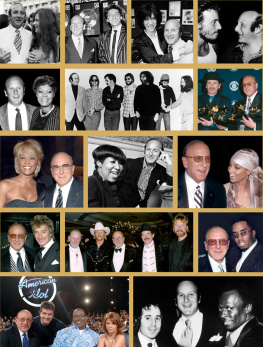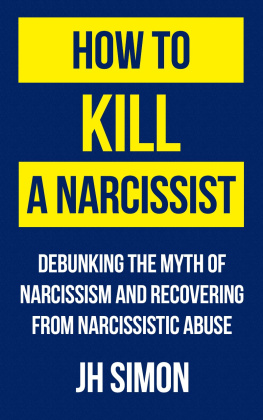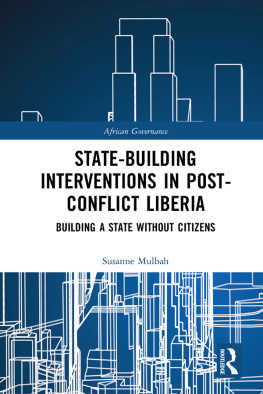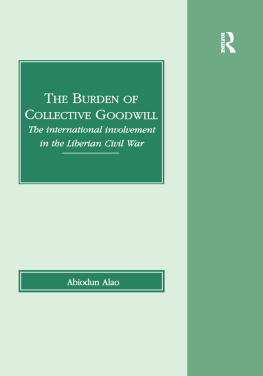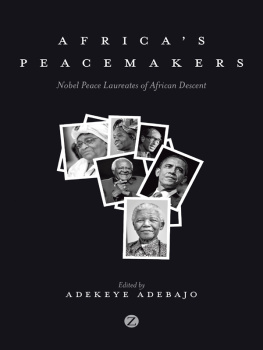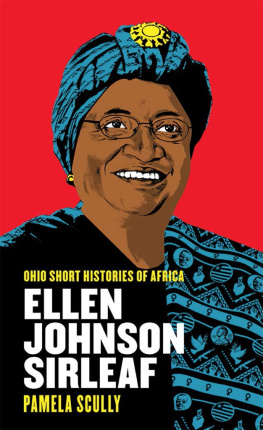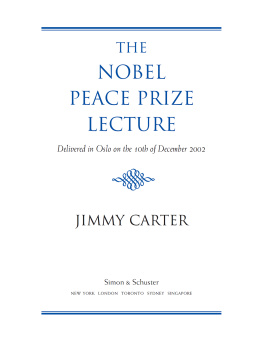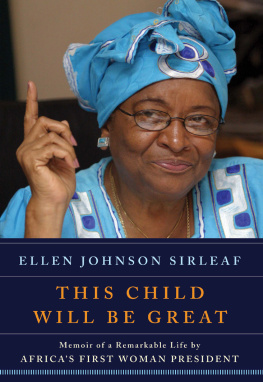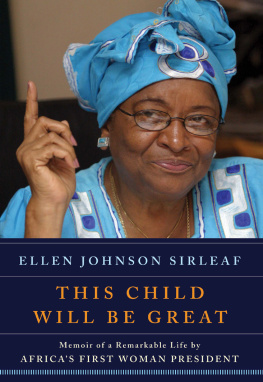Thank you for downloading this Simon & Schuster eBook.
Join our mailing list and get updates on new releases, deals, bonus content and other great books from Simon & Schuster.
C LICK H ERE T O S IGN U P
or visit us online to sign up at
eBookNews.SimonandSchuster.com
We hope you enjoyed reading this Simon & Schuster eBook.
Join our mailing list and get updates on new releases, deals, bonus content and other great books from Simon & Schuster.
C LICK H ERE T O S IGN U P
or visit us online to sign up at
eBookNews.SimonandSchuster.com
A LSO BY H ELENE C OOPER
The House at Sugar Beach

Simon & Schuster
1230 Avenue of the Americas
New York, NY 10020
www.SimonandSchuster.com
Copyright 2017 by Helene Cooper
All rights reserved, including the right to reproduce this book or portions thereof in any form whatsoever. For information, address Simon & Schuster Subsidiary Rights Department, 1230 Avenue of the Americas, New York, NY 10020.
First Simon & Schuster hardcover edition March 2017
SIMON & SCHUSTER and colophon are registered trademarks of Simon & Schuster, Inc.
For information about special discounts for bulk purchases, please contact Simon & Schuster Special Sales at 1-866-506-1949 or .
The Simon & Schuster Speakers Bureau can bring authors to your live event. For more information or to book an event, contact the Simon & Schuster Speakers Bureau at 1-866-248-3049 or visit our website at www.simonspeakers.com.
Interior design by Devan Norman
Jacket design by Jess Spataro
Jacket photograph by Olivier Polet
Library of Congress Cataloging-in-Publication Data
Names: Cooper, Helene, author.
Title: Madame President : the extraordinary journey of Ellen Johnson Sirleaf / Helene Cooper.
Description: New York : Simon & Schuster, 2017.
Identifiers: LCCN 2016042087| ISBN 9781451697353 (hardcover) | ISBN 9781451697360 (pbk.)
Subjects: LCSH: Johnson-Sirleaf, Ellen, 1938 | Women presidentsLiberiaBiography. | PresidentsLiberiaBiography. | LiberiaPolitics and government1980 | LiberiaBiography.
Classification: LCC DT636.53.J64 C66 2017 | DDC 966.62031092dc23 LC record available at https://lccn.loc.gov/2016042087
ISBN 978-1-4516-9735-3
ISBN 978-1-4516-9737-7 (ebook)
To Nyenpu, in memoriam
C ONTENTS
A UTHORS N OTE
I have always been a daughter of two countries, in large part because without America, my adopted country, my native country of Liberia would not exist.
On February 6, 1820, eighty-eight American blacks and freed slaves and three white men boarded the ship Elizabeth in New York Harbor, their destination West Africa. The white men were agents of the American Colonization Society, sent to acquire land that American blacks would be encouraged to settle in Americas sole effort at colonization. Eventually, these men and women ended up in what would become Liberia.
One of them was my great-great-great-great grandfather, Elijah Johnson.
Many of Liberias twenty-eight tribes, belonging to sixteen ethnic-linguistic groups and led by the Dey tribe, fought the new colonists. They lost, and the American settlers asserted their control over the country, establishing in Liberia an antebellum way of life similar to that in the American South from which they had fled, except that in Liberia, the American blacks were the rulers and the native Liberians became the ruled.
On July 26, 1847, Liberia declared its independence from America. For almost a century after that, Liberia, along with Ethiopia, could proudly claim that it was one of only two African countries not ruled by whites.
But descendants of the freed American slaves who ruled Liberia behaved, in many ways, like the white colonists who ruled other African countries, setting up a two-tiered system with two very distinct classes. On April 12, 1980, a military coup led by men from the Krahn, Gio, and Vai ethnic groups left Liberias rulers dead or on the run.
Nine years after that coup, on December 24, 1989, a civil war erupted. It was a war that introduced the world to the child soldiers of West Africa, as young children were drafted to fight. More than 200,000 people died in Liberia and neighboring Sierra Leone and Ivory Coast. Thousands of women and girls were raped.
In August 2003, the Civil War in Liberia finally ended. But there was no electricity or running water. Schools that had been shuttered for years stayed closed. The capital city of Monrovia had no infrastructure. Social norms had disintegrated. An entire generation had seen nothing but war.
My immediate family had fled Liberia in 1980 after the first military coup, and I had lived in the United States since then, becoming a naturalized American citizen and journalist writing about the worldexcept Liberia. In September 2003, I finally returned home to Liberia, where I found a shell of the country I had fled twenty-three years before, and a sister, Eunice, whom I had not seen in two decades.
When I returned to the United States, I went back to my daily job as a reporter, covering the presidency of George W. Bush and following his secretary of state, Condoleezza Rice, to Jerusalem, Hanoi, and points between. When Barack Obama was elected Americas first black president, I was proud to be one of four New York Times reporters assigned to cover his first term. I traveled the world aboard Air Force One , writing for the most influential of newspapers about the presidency of Barack Obama.
But while I was writing about the seizure that was taking place on the American political landscape, the women in my home country were staging their own power play, one just as dramatic as the toppling of the racial barrier to the U.S. presidency that I was chronicling.
On October 11, 2005, Liberians went to the polls to choose the man who would take on the task of resuscitating the country. Voter turnout was 75 percent of 1.35 million registered voters.
On November 23, 2005, after a runoff, the National Electoral Commission declared the winner of Liberias elections. Not a man. A woman.
Her name: Ellen Johnson Sirleaf.
Somehow, while I wasnt paying attention, the market women of Liberia, along with thousands of other Liberian women, had allied themselves with Ellen Johnson Sirleaf, a Harvard-educated global bureaucrat, to upend centuries of male political dominance in one of Africas most devastated places. The women in my native country had managed something that still eluded their female counterparts in my adopted country. Then, those women had simply returned to their tables and stalls and oranges and kola nuts and gone about their business making market, except that now they were a force in politics.
After spending four years writing about a historic presidency in my adopted country of America, it was enough.
It was time to look at my other president, and her historic presidency, an ocean away, in my native-born country of Liberia. It was time to look at Ellen Johnson Sirleaf.
Chapter 1
T HE P ROPHECY
Monrovia, 1938
In Liberia, a womans place is in the market, the church, the kitchen, or the bed. But not for one little girl.
One little girl, delivered in the back bedroom of her familys house on Benson Street in Monrovia on October 29, 1938, was, her relatives believed, destined for great things. After all, the Old Man, one of the many prophets who wandered through Monrovia spreading their wisdom, predicted it when he showed up at Carney and Martha Johnsons half-concrete house days after the birth of baby Ellennicknamed Red Pumpkin because she was red like one pumpkinto have a look at the baby. This child will be great, he said, after peering into the crib. This child is going to lead.
Next page


